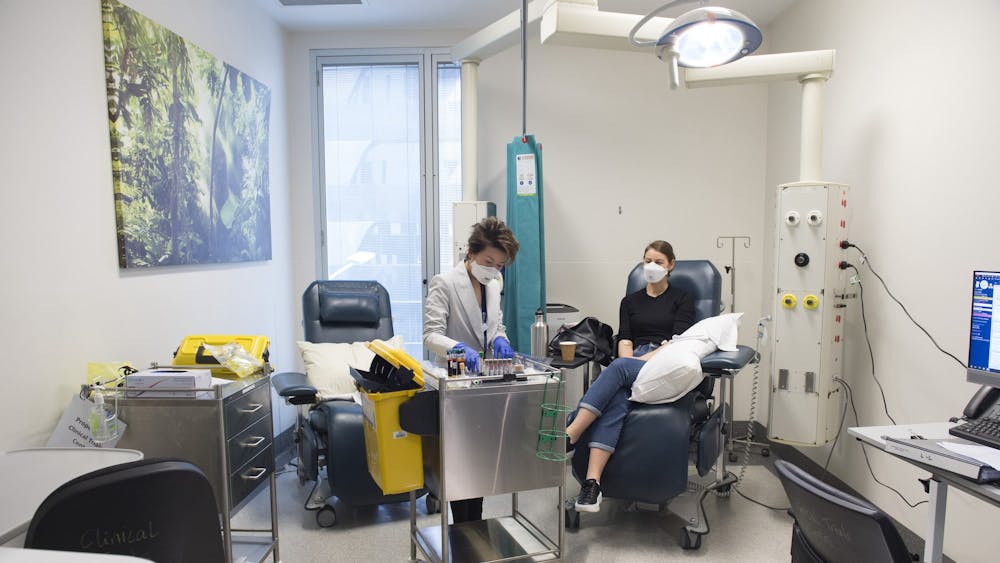A research project to measure how safe and effective benralizumab is in treating participants with bullous pemphigoid (BP).
About this study
Bullous pemphigoid (BP) is a rare, autoimmune skin condition characterised by blistering and itch. Many patients who have BP require treatment with topical steroids while others may require tablets, injections or infusions.
The investigational drug for this study is called benralizumab and is given as an injection into the skin.
Anticipated enrolment close date: Ongoing
Contact the Dermatology Research Team for more information.
Who can take part
Inclusion criteria
- 18 years of age or older
- Diagnosis of BP clinically and based on skin biopsy and blood test
Exclusion criteria
- Other forms of BP including drug-related BP (new currents or exacerbation from certain medication)
- Any disorder, including, but not limited to, cardiovascular, gastrointestinal, hepatic, renal (kidney), neurological, musculoskeletal, infectious, endocrine, metabolic, haematological, psychiatric, or major physical impairment that is not stable
- Current cancer or history of cancer
What's involved
- 36-week treatment period followed by 40-week extension (total 76 weeks) with an injection every four weeks
- Blood tests
- Electrocardiogram (ECG)
- Vital signs
- Photography
- Skin biopsy

Ethics
All research in Australia involving human participants is reviewed by an independent group called a Human Research Ethics Committee (HREC). The ethical aspects of this research study have been approved by the Royal Melbourne Hospital HREC.
This study is being carried out according to the National Statement on Ethical Conduct in Human Research (2007). This statement protects the interests of people who agree to participate in human research studies.

We need clinical trials to prove that new treatments are safe and effective for people to use. They are essential to the discovery of new medications and devices, neither of which can be approved for use in Australia without clinical trials.

